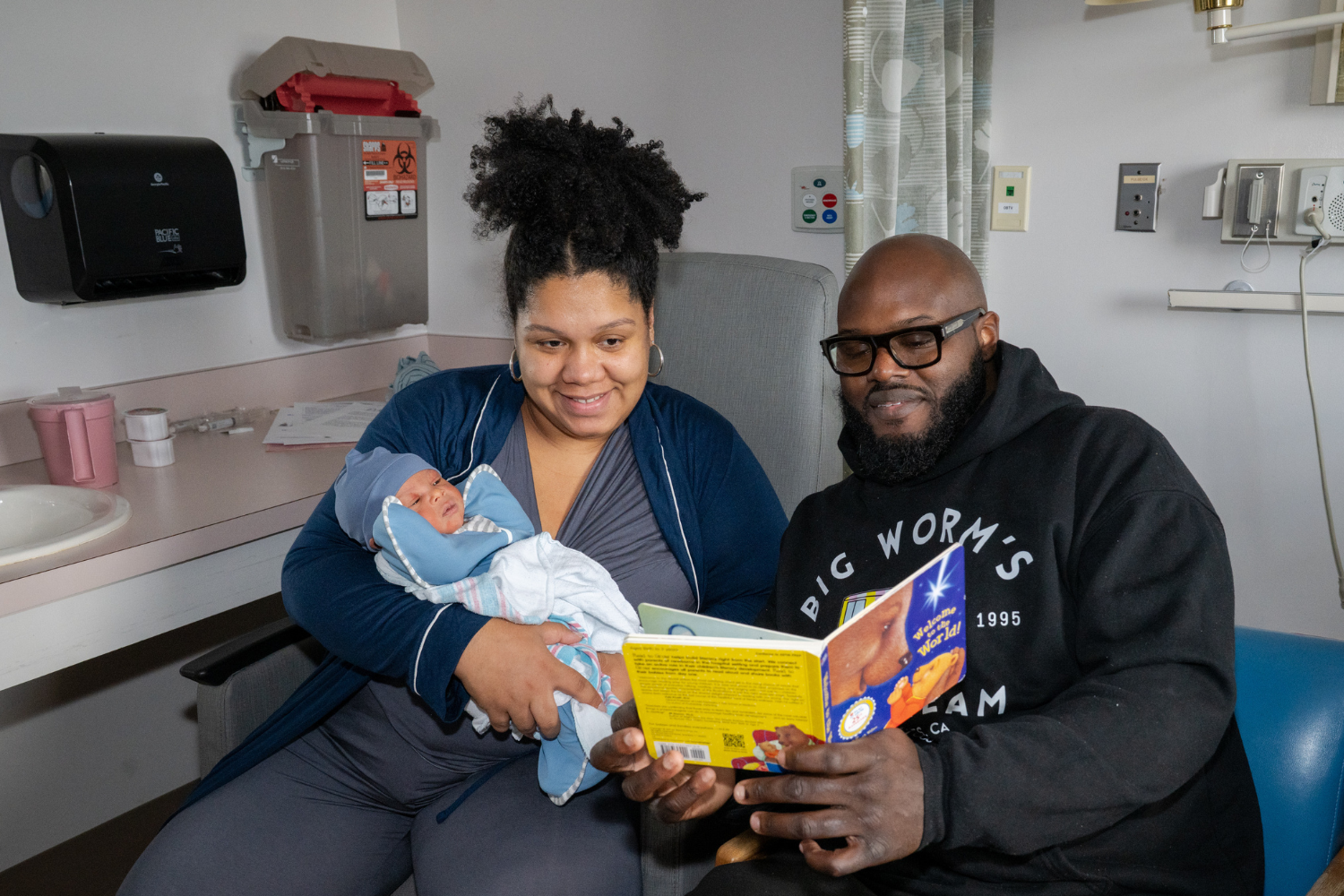The children taking Wegovy to turn their lives around

In the kitchen of her home in Gloucestershire, Emma is unpacking the weekly shop of fresh fruit and vegetables, chicken, steaks and Greek yogurt. It’s all part of her 15-year-old son Tom’s healthy diet but, stacked in boxes inside the fridge door, there’s another crucial ingredient: Tom’s Wegovy injections.
He began the weight-loss treatment in February, aged 14 and weighing over 18 stone, with “such an obsessive nature with food that he’d eat a multipack of crisps and chocolate in one go,” Emma says. When she stopped buying them, “he’d tear around the house and have tantrums to the point where I was so exasperated, I’d just give him money to go to the shop,” she says. “It was exhausting.”
Tom’s weight meant he was unable to participate in school sports, needed an inhaler and was too self-conscious to take his shirt off when swimming. “I felt terrible. I used to think about food a lot, I just couldn’t stop eating” he says. He was bullied every day, to the point where he refused to go to school and eventually moved to a new one. “Every day was a battle, so I just kept giving in,” Emma says. “I felt like I was failing him as a parent.”
Eight months on, they are more optimistic. “Food isn’t on my mind the way it used to be,” says Tom, who has lost four stone with the help of his £250-a-month prescription. Every Wednesday his mother injects a 2.4mg shot of semaglutide, the active ingredient in Wegovy, into his thigh. It works by mimicking a natural gut hormone called glucagon-like peptide-1 (GLP-1), helping to reduce cravings and decrease appetite. “I suppose in a way it’s an easy way out,” Emma says. “You’ve still got to work for results, but it makes life easier knowing you’ve got something to help stop those cravings.”
Tom’s prescription is from Diet UK, a small private clinic in Preston, Lancashire. Owned by Dr Sindy Newman, a general practitioner and weight-loss specialist, it is the first private clinic in the UK to prescribe Wegovy to 12 to 17-year-olds with obesity.
Newman opened the service in January after an adult patient “begged” her to help their teenage daughter. “In 35 years of practice, I’d never heard anyone say ‘I am begging you’” says Newman. “It’s heartbreaking because obesity is leading young people to devastation like bullying, phobia of going to school and, in some cases, attempted suicide.”
Dr Sindy Newman at her clinic in Preston
JAMES SPEAKMAN FOR THE SUNDAY TIMES
Wegovy is the only licensed GLP-1 treatment for patients aged 12 to 17 in the UK. Studies by the manufacturer, Novo Nordisk, show efficacy for weight loss and no unexpected or adverse side effects within this age group. In America, teenage prescriptions rose by half last year to about 15 adolescents per 100,000. However, due to the short time span of the use of these drugs, the long-term effects are not clear. The National Institute for Health and Care Excellence (Nice) has been “unable to make a recommendation” about their use on teenagers in the UK because of a lack of evidence of their impact. This means that, while doctors can legally prescribe the medication, it is not easily available for adolescents and is usually only given in exceptional circumstances, often depending on location.
Many in the medical profession are eager for this to change, particularly because obesity at age 10 or 11 is projected to rise across 90 per cent of England by 2035. More than a third of primary school children are already overweight or obese, official figures show. These numbers have significant health and sociological consequences, including increased risk of type 2 diabetes, heart and fatty liver disease, plus sleep apnoea, joint and bone problems, and mental health issues. Data shows that children from deprived areas are disproportionately affected.
How we’ve got to this point is complex. While “eat less, move more” has been the underlying basic health message for decades, Dr Dinesh Giri, a consultant paediatric endocrinologist at the Bristol Royal Hospital for Children, argues that obesity is caused by factors ranging from genes to ultra-processed food and screen addiction. He notes that youth obesity rose during the lockdown era: the obesity rate of children in year 6 rose from 21 per cent to 25.5 per cent between 2019-20 and 2020-21, and has not fully recovered.
While weight-loss injections are becoming more common for adults — an estimated 2.5 million use them in the UK — their use on children remains rare. That could all be about to change: researchers in Spain presented findings in May claiming that weight-loss jabs for obese children are effective when combined with healthy eating and exercise. NHS hospitals in Birmingham, Leeds, Liverpool and Bristol are operating two studies on Wegovy’s effects, one for ages 12 to 17 and one for ages 6 to 12.
‘The food noise is gone’
In the northeast of England, Jill had “tried everything” to help her 13-year-old daughter, Taylor, who weighed 15st 4lbs. She had been bullied since primary school and “was eating as a coping mechanism”, a habit that worsened during lockdown. In the years that followed, Taylor’s mental health declined and she refused to go to school for three months. That “made the eating worse,” says Jill. “She was stuck in that neverending cycle of trying to lose weight. She was so down all the time. She started making comments like, ‘It would just be easier if I wasn’t around.’”
Jill, who herself used Mounjaro to lose seven stone, describes their trips to the GP as “beyond useless. They kept repeating to control her weight with diet and exercise and we kept telling them that wasn’t working”. After searching for help online and reading studies from the United States, three months ago she found Newman’s clinic and now pays £175 a month for her daughter’s 0.5mg Wegovy prescription. Taylor, who now weighs 14st 3lbs, “expected the weight loss to be quicker because she saw my experience with Mounjaro,” says Jill, but “the food noise isn’t there any more, and in the last two months her confidence has just boomed”.
Questions remain
None of this is to present weight-loss jabs as a magic fix. Newman describes seeing “horrendous rebound hunger” in patients when they try to stop the medication, which is why dosage is “very slowly titrated down” rather than being stopped abruptly. Her aim, she says, is “to support teenage patients with reaching a normal weight for adult life”, then “very slowly” taper their dose, provided they feel confident in their lifestyle. “People are having difficulty coming off this medication,” she says. “If they struggle with rebound hunger, we put them on intermittent use.”
Doctors and scientists agree that education on nutrition and exercise is crucial to safely losing weight and maintaining it. So is psychological support. To be eligible for treatment, Newman says her patients undergo a thorough medical check followed by a consultation, which evaluates “their psychological status, the spectrum of potential side-effects and whether they really want to do it or are being forced by their parents”. Once treatment begins, she, the patient and their parent or guardian have frequent video appointments to check they are eating meals and exercising. Sessions with a psychologist are available at extra cost.
At present there is no data to show how sustainable results for teenagers are, “because we only started using the medication for this purpose in the last two to three years,” says Giri. There are also questions about what impact long-term use could have on puberty and development. “Teenagers are different from adults because they’re still growing and going through various phases of puberty,” he says. “That’s why it’s crucial these medications are given to adolescents within the context of weight management specialist clinics, where nutrition, physical activity and mental health are being monitored as well as weight loss. We have to make sure that when they lose weight, they don’t become nutritionally depleted. This cannot be given as a quick fix.”
The names of the parents and children have been changed
link








